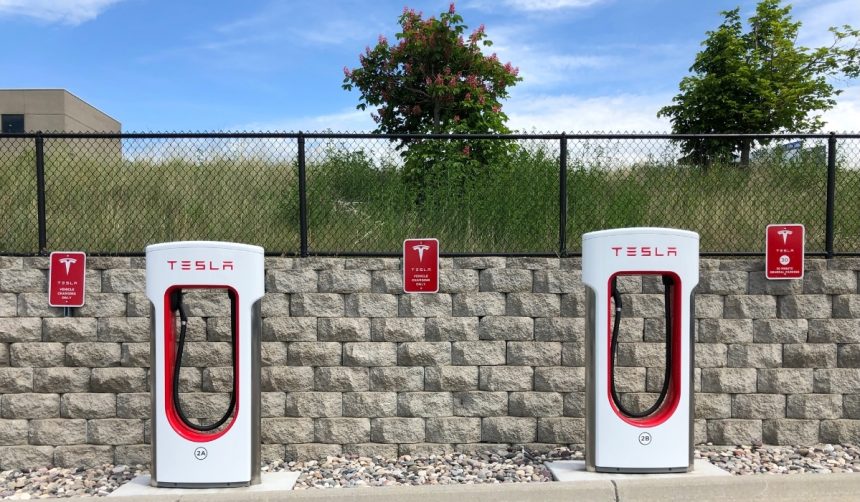Despite encountering significant hurdles from local labor unions, Tesla continues to solidify its dominance in Sweden’s electric vehicle sector. The company’s achievements in this competitive market narrate a story of resilience and strategic maneuvering. While grappling with union opposition has been challenging, Tesla’s tenacity is evident in its Model Y statistics, showing impressive registration numbers across the country.
Beyond grappling with union resistance, Tesla’s story in Sweden is unlike its past performances. Earlier reports indicated a steep incline in obstacles due to active union interventions that sought to impede Tesla’s operations. While union actions once threatened to stifle Tesla’s presence, the company navigated through these disruptions. Such persistence in an environment with potential operational standstills highlights Tesla’s capability to sustain and grow against odds.
What Propels Model Y’s Popularity?
The Model Y is recognized as Sweden’s most favored electric vehicle, with 45,882 registrations to date. Its appeal is so profound that pre-owned models are becoming more economically feasible for Swedish buyers. Even with a temporary sales dip during a model transition, the vehicle reigned supreme among electric options. The data suggest that while competitors like the Volkswagen ID.4 and Volvo XC40 trail behind, the Model Y thrives.
How is Tesla Managing Union Hostility?
Tesla’s Swedish operations confront active disruptions from union activities. Unions aim to curb Tesla’s progress by leveraging strikes and withholding support for essential infrastructure like Superchargers. Nonetheless, Tesla circumvents union strategies, expanding its Supercharger network with international reinforcements, thus mitigating potential roadblocks to its market aspirations.
Are Tesla’s Sales Strong Despite Union Challenges?
Union disputes haven’t deterred consumer demand for Tesla’s offerings, particularly the Model Y and Model 3. Riddermark Bil, a notable Swedish car dealership, confirms continuous and substantial sales. This ongoing demand underscores Tesla’s brand strength and customer loyalty, reinforcing its position as a leading EV contender in Sweden.
Tesla’s narrative in Sweden illustrates an ongoing struggle against labor unions while upholding its market supremacy through strategic resilience and consumer appeal. The distinctions between Tesla’s current and past strategies are ongoing testaments to its business acumen. The shifting dynamics of union influence and consumer preference suggest that Tesla’s adaptability remains its hallmark trait in Swedish and broader European markets.










